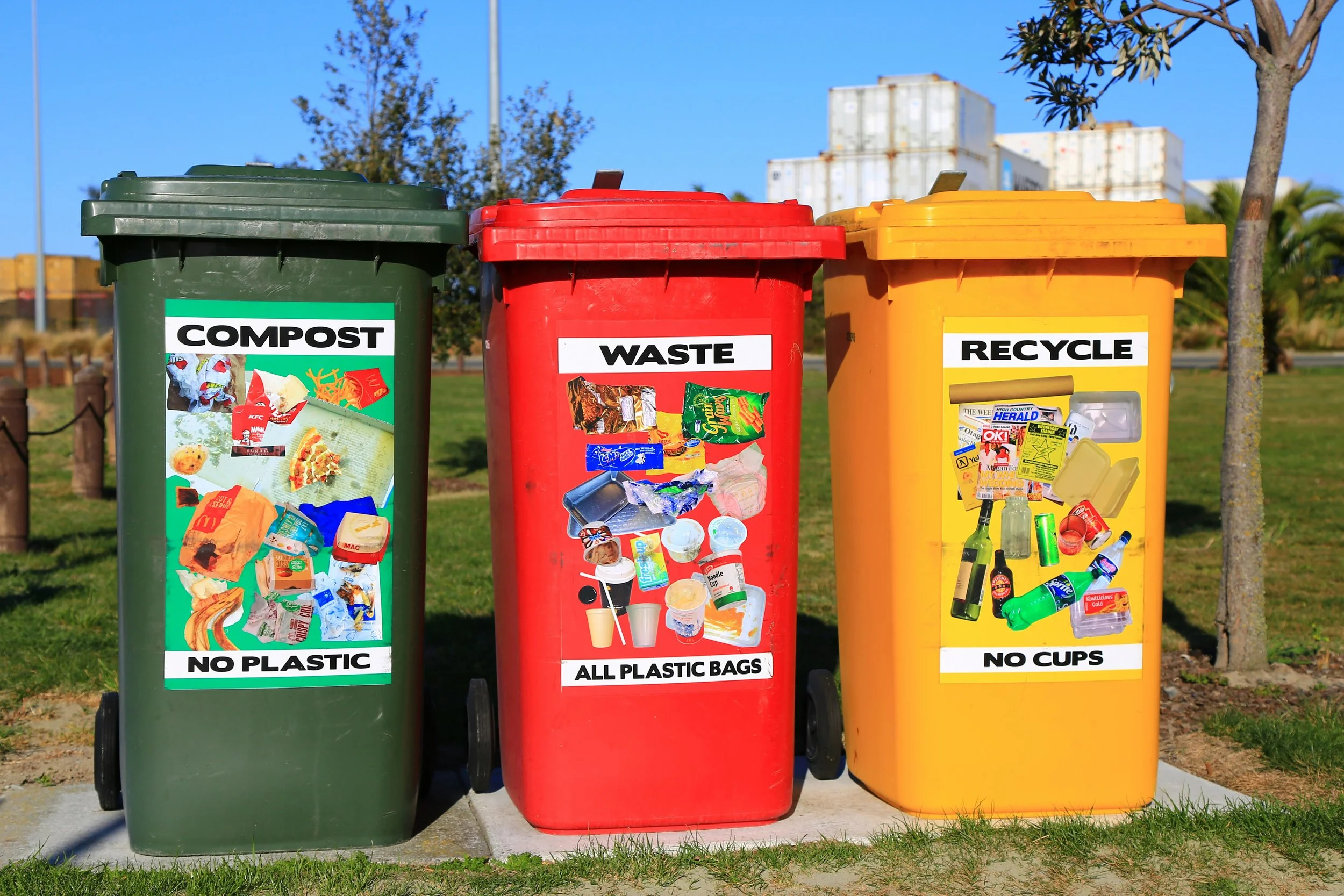Organics & Material Management
Explore recorded webinars and resources covering key topics across Vermont’s organics and materials management system. Learn about the Food Recovery Hierarchy and food rescue initiatives, compost feedstocks, the role of compostable products in organics recycling, and technologies such as depackaging equipment. These materials support informed decision-making and practical solutions for reducing waste and recovering valuable resources.

Many webinars include downloadable resources & links to more information.
Recorded webinars related to the Vermont Food Recovery Hierarchy & food rescue
Featured

EPA,
Outreach and Education,
Policy & Infrastructure,
VORS 2024,
Food Recovery & Rescue
EPA’s Sustainable Management of Food and Organics Recycling Efforts
EPA,
Outreach and Education,
Policy & Infrastructure,
VORS 2024,
Food Recovery & Rescue
EPA,
Outreach and Education,
Policy & Infrastructure,
VORS 2024,
Food Recovery & Rescue
Recorded webinars related to compost feedstocks
Featured
Recorded webinars related to compostable products (as they relate to compost systems)
Featured
Recorded webinars related to depackaging
Featured











